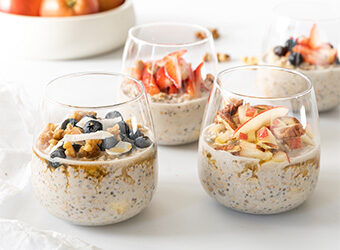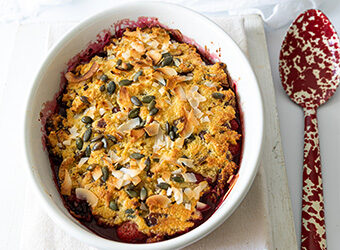Introduction
A Food, Mood & Symptoms Diary is one of the best methods for identifying foods or food patterns that may be triggering the development of your symptoms. Use our diary to record everything you eat and drink, your mood, symptoms, sleep patterns, bowel movements and any medication/supplement use for at least 1 week.
You can then use it when discussing your symptoms with your healthcare professional.
What is your Second Brain?
The health of our gut can impact not only our physical wellbeing, but also our mental health and mood, so it is important to take good care of it.
This is due to the direct link between the gut and the brain, called the gut-brain axis. When we eat food, our gut and gut bacteria process it and break it down into nutrients and metabolites. Some of the metabolites produced by our gut bacteria, including the ‘feel-good’ hormones serotonin and dopamine, act as chemical messengers and are used by the gut and the brain to ‘talk’ to each other. What’s more, the gut is the only other organ that also has its own local nervous system, the enteric nervous system. No wonder the gut is also called the second brain!
Setting the Mood
This two-way communication means that your gut can influence your mood and vice versa so it is important that you reflect on what you can do to love your gut and your brain through it.
Happiness
Did you know? Around 90% of the serotonin in our body is produced within the gut!
Mental health
Studies show that there is a link between mental health disorders and gastrointestinal symptoms like heartburn, indigestion, acid reflux, bloating, pain, constipation, and/or diarrhoea. However, research also shows us that eating a balanced diet rich in fibre, fresh fruit and vegetables can improve mental health and wellbeing.
Manage your stress
We should try to reduce our stress, as recent research showed that 82% of people said that feeling stressed had a negative impact on their gut.
Food, Glorious Food!
What you eat can have an effect on your gut health, your brain, mood and overall wellbeing. Love Your Gut is passionate about creating gut friendly recipes that are easy to make and full of nutrition. See our top food hero ingredients for good gut health and a selection of delicious recipes:
Hero Ingredients for good gut health
![]()
Bananas
![]()
Pulses
![]()
Green Veg
![]()
Berries
![]()
Nuts
![]()
Cocoa Powder
Get enough sleep
It is important to make sure you get enough sleep. A good night’s sleep allows your gut to recover from the day’s activities. Poor sleep increases stress-related hormones and messenger chemicals that can alter the gut microbiome, leading to stress and anxiety, as well as lowered immunity.
Moving on Up
Exercise can really help improve your digestive health. This could simply be taking more steps each day for better health. Try to aim for 30 minutes 5 days per week. The key is to find something you enjoy, since this will help build up a routine.






